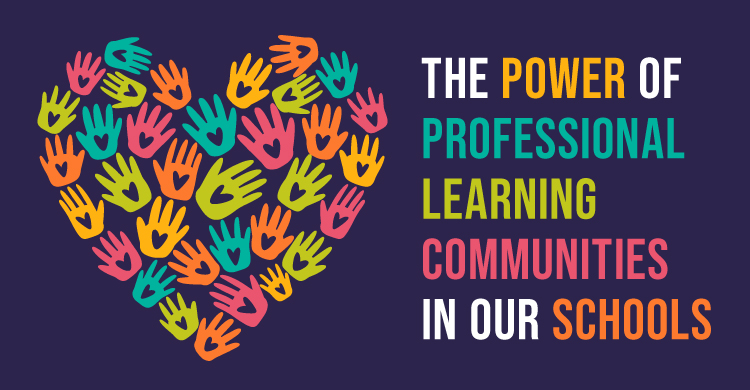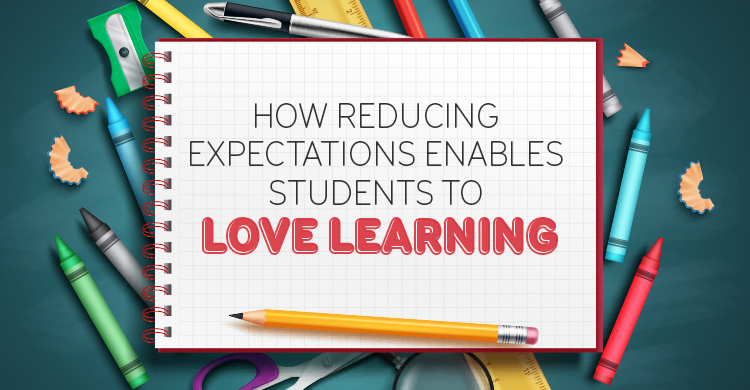How to Grow a Mathematician . . . Let Me Count the Ways!
The topic of growing a mathematician often takes center stage at key conferences we attend,
Read More

The topic of growing a mathematician often takes center stage at key conferences we attend,
Read More
In the ever-evolving landscape of education, the key to success lies not only in the
Read More
“So much orange!” exclaimed a high school student as she helped me haul up yet
Read More
Having worked in high-needs schools with “at risk” students for most of my career, I
Read More
As a child in an impoverished, remote Chinese village on the eve of the Cultural
Read More